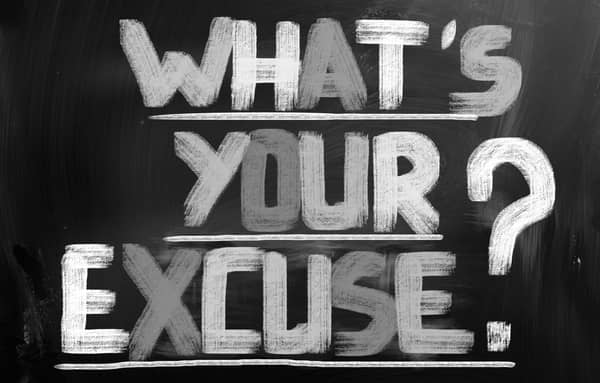What was Jack’s excuse for killing Simon? William Golding’s “Lord of the Flies” is a haunting tale that explores the darkness of human nature. The novel follows a group of British schoolboys who are stranded on an uninhabited island and must fend for themselves without any adult supervision. As the story progresses, the boys’ primal instincts take over, leading to violence, chaos, and, ultimately, tragedy.
What was Jack’s excuse for killing Simon?
One of the most disturbing moments in the novel is the death of Simon, a quiet and introspective boy who has a deep understanding of the island’s mysteries. In Chapter 9, Simon has a powerful hallucination in which he converses with the “Lord of the Flies,” a pig’s head placed on a stick as an offering to the imaginary beast the boys believe is lurking on the island. When Simon tries to tell the other boys that there is no beast and that they are the real danger, they mistake him for the beast and attack him, ultimately killing him.
After Simon’s death, Jack, the leader of a rival group of boys, attempts to justify the killing by claiming that Simon was not a human being but a disguised version of the beast. In Chapter 10, as the boys are gathered around a fire, Jack says, “He [Simon] came – disguised. He may come again even though we gave him the head of our kill to eat. So watch; and be careful.”
Jack’s excuse for killing Simon reflects his descent into savagery and his willingness to do whatever it takes to maintain power and control over the other boys. By painting Simon as a monster, Jack absolves himself of any guilt or responsibility for the killing. This explanation also allows him to manipulate the other boys into believing that he is the only one who can protect them from the supposed threat of the beast.
What is Jack’s tribe doing just before they kill Simon?
Just before they kill Simon, Jack’s tribe is engaged in a wild hunting dance. This dance serves as a manifestation of their primal instincts and bloodlust, reinforcing their violent and savage nature. As they chant and move in frenzied motions, the boys are entirely consumed by the thrill of the hunt, losing touch with any remnants of civilization or morality that may have remained within them. The dance acts as a symbol of their descent into savagery and foreshadows the brutal act that they are about to commit against Simon.
What does Jack set up a lever for?
Jack sets up a lever underneath a boulder to use it as a mechanism to destroy the bridge. Once the lever is pulled, it will cause the boulder to be released, plummeting down and demolishing the bridge. This act signifies Jack’s desire for power and control over the island, as destroying the bridge limits access between different parts of the island and further isolates those who oppose him. It also serves as a symbol of his savage nature, showcasing his willingness to resort to violence and destruction to achieve his goals.
Why do Ralph and Piggy decide to visit Jack’s camp?
Ralph and Piggy decide to visit Jack’s camp to retrieve Piggy’s glasses, which they desperately need to start a rescue fire. The glasses serve as their only means of creating a signal that could potentially attract passing ships and lead to their rescue. In addition, without his glasses, Piggy is nearly blind, and visiting the camp becomes crucial for him to regain his sight and contribute effectively to their survival efforts.
Why do Jack and his followers attack Ralph and his camp?
Jack and his followers attack Ralph and his camp primarily because they want to steal Piggy’s glasses, which are the only tool they possess to make fire. Fire symbolizes power and survival on the island, representing hope and rescue for Ralph’s group. By stealing the glasses from Ralph’s camp, Jack aims to gain control over fire, thereby exerting dominance over the others. Additionally, this act of aggression signifies Jack’s increasing desire for power and his growing detachment from civilization.
Conclusion
However, Jack’s excuse is ultimately hollow and meaningless. Simon was not the beast but a symbol of the boys’ humanity and potential to rise above their primal instincts. By killing Simon, the boys have lost their connection to that humanity and fully embraced the darkness within them. Jack’s excuse is a desperate attempt to justify the unjustifiable, but in the end, it only highlights the tragic consequences of the boys’ descent into savagery.
